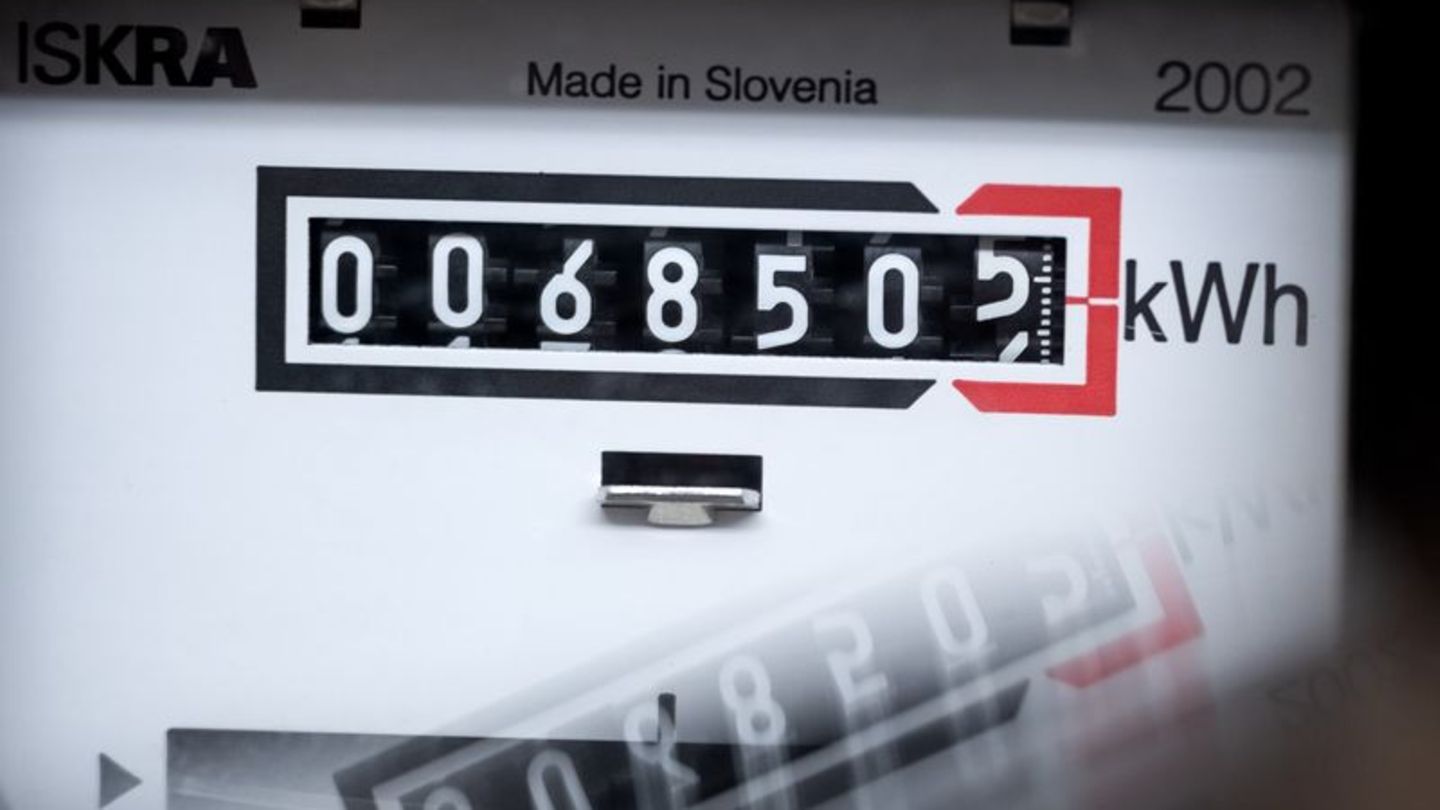Many consumers know this: the electricity bill is steep and the price is much higher than before. But there is good news for next year – at least for many people in rural areas.
Because of a new cost distribution for the expansion of the electricity grid, an estimated ten million households in many rural regions of Germany can expect lower energy prices next year, while it will be slightly more expensive elsewhere. The reduction in network fees, which make up around a quarter of the electricity price, is aimed at the north and east of Germany as well as Bavaria, namely the country and not the big cities there.
When asked, the energy company Eon announced that some of its distribution network subsidiaries were significantly reducing network fees. These companies cover around 700,000 kilometers of power lines and therefore around a third of the entire German distribution network. Network fees are paid by gas and electricity suppliers to the network operators as a kind of fee and passed on to consumers. The costs of expanding the electricity network are also passed on to the network fees.
At Schleswig-Holstein Netz, network fees will fall by 27 percent next year – it is responsible for large parts of the northernmost German state, but not for the major cities of Kiel and Lübeck. E.DIS Netz GmbH, which operates in Brandenburg, reduces fees by 20 percent. At Mitnetz mbH from Cottbus, which is also active in East Germany, it is 10 percent cheaper. In Bavaria, Bayernwerk Netz GmbH is down 11 percent and Lechwerke is down 27 percent. At other companies, fees are also falling by double digits, for example at the municipal network operator Wemag from Mecklenburg-Western Pomerania. There are around 800 electricity network operators in Germany.
The Hessian company Syna, on the other hand, is increasing its fees by five percent and Westnetz from North Rhine-Westphalia by one percent. Both companies belong to Eon: energy customers who live in their network areas must therefore be prepared for a slight price increase.
Fairer cost distribution through new system
The background to the changed fees is a regulation from the Federal Network Agency, which distributes the financial burden of the billion-dollar restructuring of the energy networks in a different way than before: The networks must be significantly expanded, especially where a lot of green electricity is generated – such as wind turbines in the north. However, only part of the electricity is used locally, the other part flows south to supply large cities or industrial centers. The fact that the rural part of Bavaria is being relieved is because many photovoltaic systems were newly installed there and the networks therefore had to be expanded at great expense.
So far, sparsely populated regions with a lot of wind turbines and photovoltaic systems have had to pay more to expand the networks than regions with relatively few wind turbines and few solar systems – even though these regions benefited from the influx of electricity. “We want fair network fees for people and companies who live or operate in regions with a strong expansion of renewables,” says network agency boss Klaus Müller, explaining the new rules, which are now being applied for the first time.
Relief volume of two billion euros
The energy provider Wemag, which acts as both a network operator and a supplier, has already announced that it will pass on the reduction in fees from its network operator division in Mecklenburg-Western Pomerania to customers. The company publishes an example calculation: An average household with a consumption of 3,500 kilowatt hours would pay 9.47 cents per kilowatt hour in the coming year instead of the previous 15.5 cents – that would be an annual reduction of around 40 percent or 211 euros.
Other energy companies also want to relieve their customers. Although you do not necessarily have to pass on the reduction in network fees to the end customer as a lower price, due to competition on the market, the relief will reach electricity customers sooner or later. If the energy companies did not lower the price accordingly, they would probably lose customers.
Authority boss Müller is satisfied with the wage development. “In many rural regions of northern and eastern Germany and also in Bavaria, network fees have in the past been significantly higher than the national average,” he says. “We have succeeded in significantly reducing the burden on these people when it comes to network fees.”
According to the first reports from network operators, the authority assumes that the relief volume will be more than two billion euros. “On the other hand, the relief leads to manageable additional costs for all electricity consumers in Germany,” says the authority president and calls on electricity suppliers to quickly pass these advantages on to end customers. “Customers should make sure that the discounts reach them or that they change their supplier.”
Source: Stern




